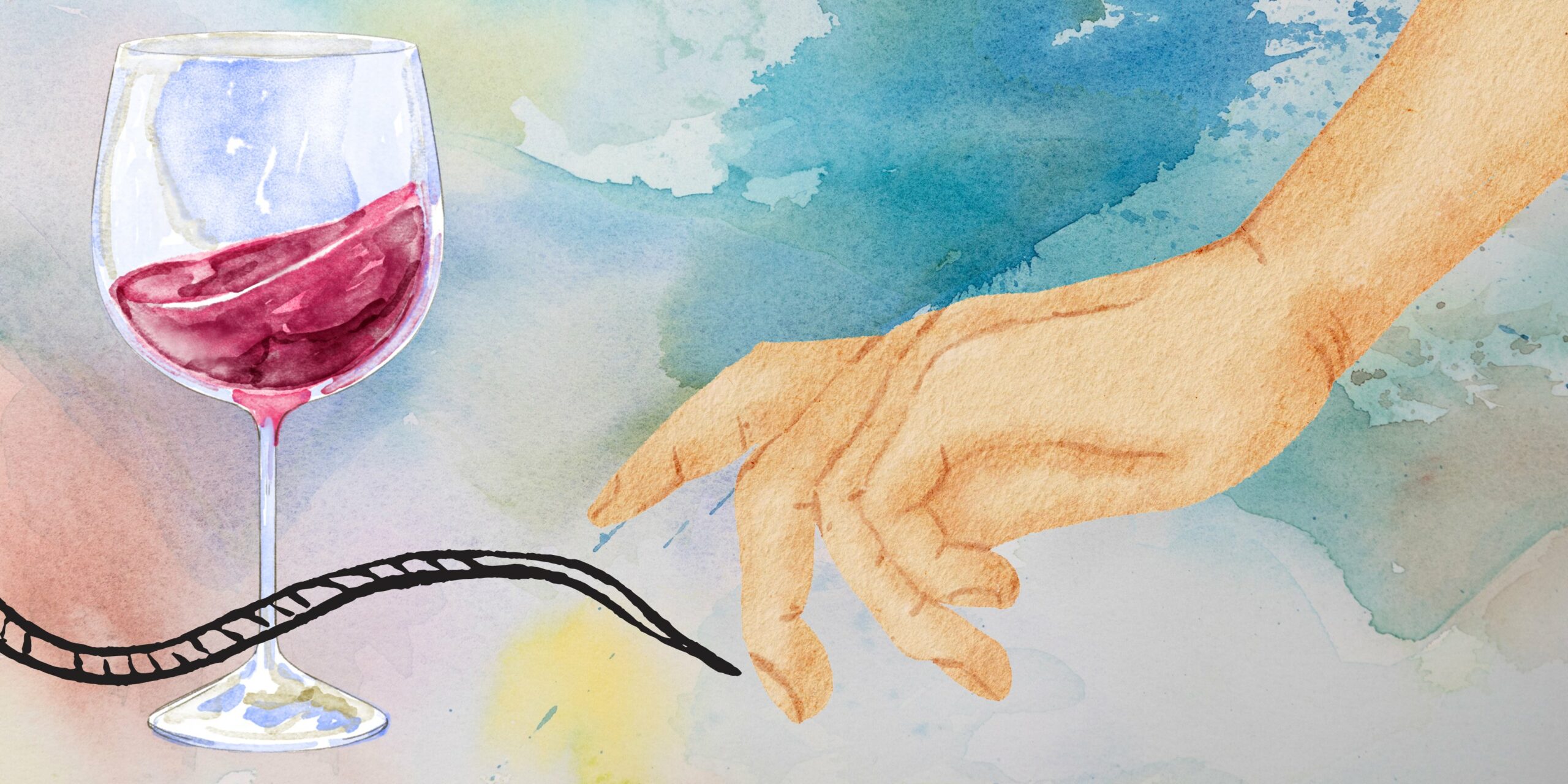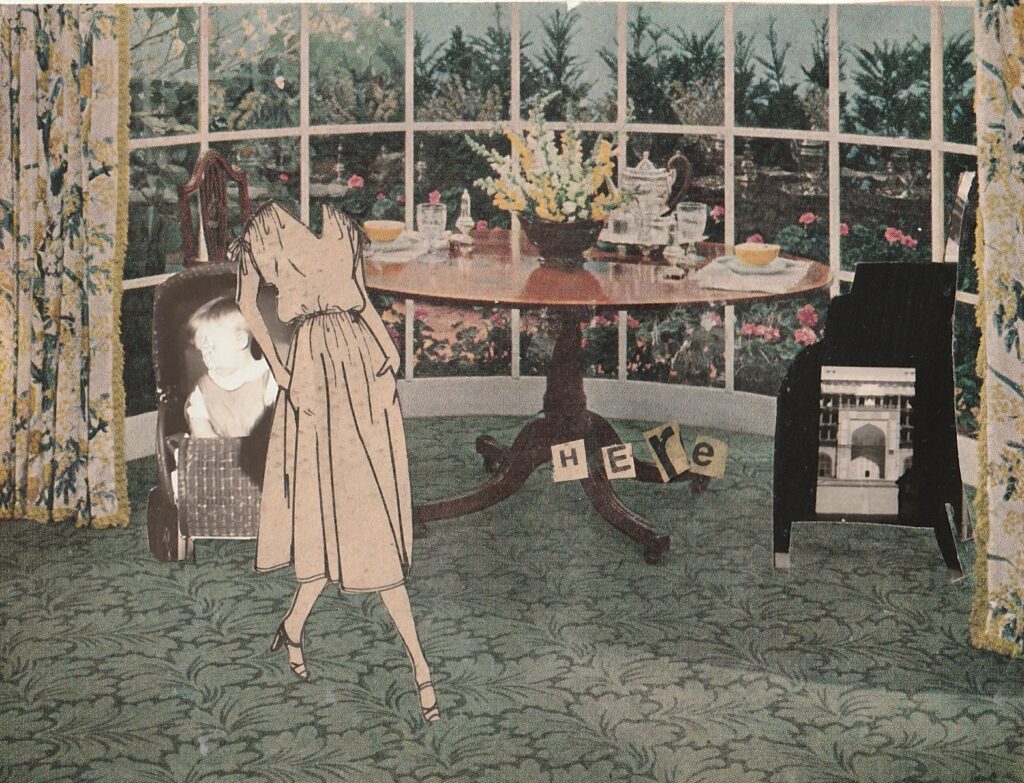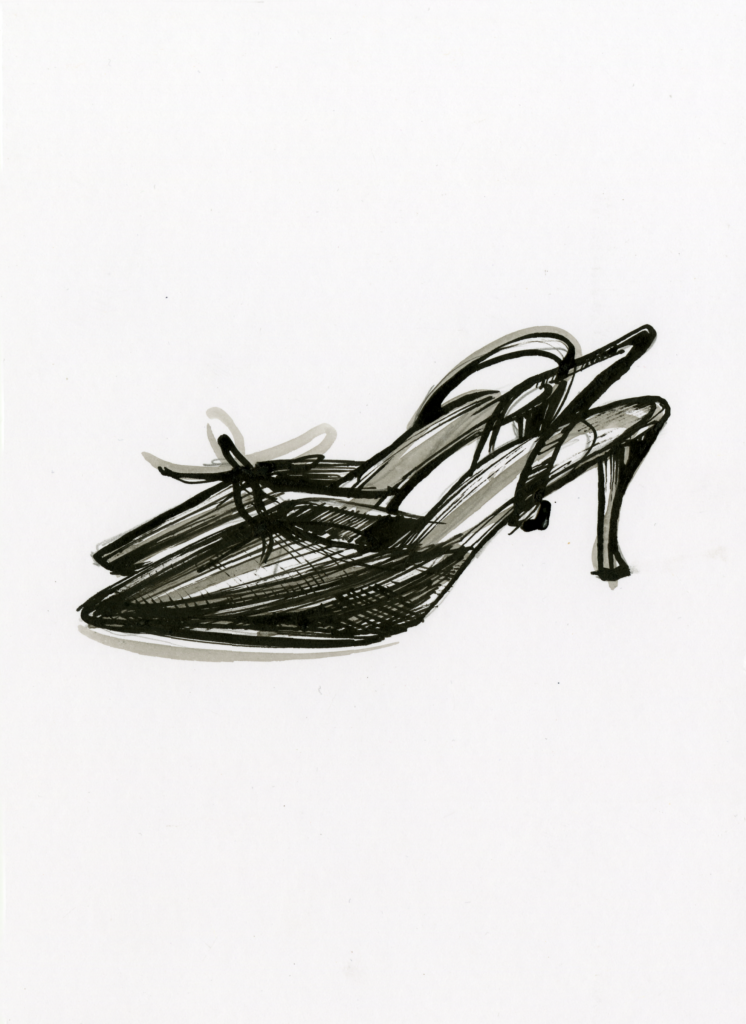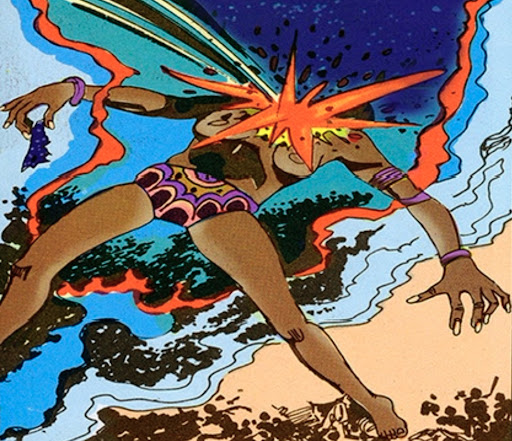Boys shouldn’t have tails, we told him.

October 14, 2022
To the orphanage came the Boy with the Tail, smooth and tapering, like a rat’s.
Boys shouldn’t have tails, we told him.
But the Boy just leaned back, hands behind his head, tail wrapped around a cup of wine. Jealous?
When we chased him, he’d scurry up the trees, swinging from branch to branch. We’d tried to gang up on him, but he always slipped away like a catfish. Once we managed to pin him down, but the Boy exploded from the pile, tail whipping wildly, ripping an eye out. A brother bandaged the socket, too tired and worn to ask.
Man is meant to be in God’s image, we said.
The Boy winked. How do you know what He’s got behind there?
We hated how he’d hang from the tree over the river, getting all the best fish, and how he’d race across the field, his tail undulating, as if he were a kite skimming the ground, right before swooping up and leaving us all behind.
The girls in town didn’t have our sense of decency. Some wanted to be tied up by the tail, some wanted to stroke it. There was a special trick they all liked, but the Boy just smirked when we asked.
To keep up, we had to become the boy who whistled two notes at once and the boy who danced on his hands and the boy with painted eye patches. But how could we compete with the Boy?
And how could we not love him, too?
Yes, even me. Some days we’d sit under the tree on the hill. I’d paint an eye patch while he napped until dusk. Then the land—village and river and mountains, everything and beyond—would be consecrated by the dying sun. And sometimes his tail would flick out at something in my blind spot. He never said he was trying to make up for anything, and I never wanted him to. Boys don’t talk about that kind of thing.
Then came the bishop. The brothers corralled us all into the dusty chapel, except the Boy, whom they claimed they couldn’t find. We squirmed on splintering pews, while the bishop squawked for hours. In the cross-shaped window, a beautiful day passed. When the bishop finally let us receive Mass, each boy scampered away the moment the bread touched his tongue. I was last in line and by the time it was my turn, the sun was already falling.
Suddenly, there was the Boy, cutting in front of me and snatching the bread out of the bishop’s fingers with his tail. He winked at me as he licked off the crumbs of our Lord.
The bishop’s mouth flapped like a suffocating carp. Then he shrieked.
He lunged, but the Boy slipped under him. The brothers gave chase, but he dodged them, jumping from pew to pew, springing for the door. And he was almost there, almost free, until one caught his foot, and they piled on him.
The bishop stalked out the chapel, muttering with rage. The brothers held the Boy down and told me to leave, but none would meet my eye. And the Boy looked upon them with the disdain of the Almighty Himself.
The bishop returned with a cleaver. He made the brothers lay the tail out. The sunlight reached feebly through the window, casting a jaundiced cross on them, and for a moment it was like a relief: the cleaver raised, the Boy held down, his beatific face.
When the bishop hacked down, the Boy’s lips whitened, but he didn’t make a sound.
Boys don’t have tails, the bishop grunted. Boys have smooth asses.
Three more chops severed the tail, and it writhed like a dying snake. It was only when it went limp that the Boy finally screamed. He tore free, grabbed it, and ran.
The brothers lay there in their disarray, pale faces and unseeing eyes. The bishop cleaned the cleaver on his stole.
We followed the trail of blood to the tree on the hill. The Boy was clutching the tail to his face, now a mask of dry blood. None of us knew what to say. As deep night came, there was only the sound of our breathing, the voices floating up from the village, our throbbing hearts, the soft, soft sobs of our Boy.
He lay in bed for two weeks and didn’t say a word. He only let the tail be taken when maggots started dropping from it. Then one night, we woke and he was at the door, moonlight silhouetting his tail-less profile. He looked back at us, and we wished he would have winked, and we wished we would have waved goodbye.
We left his bed untouched. No one sat at the head of the table anymore. We stopped whistling and dancing and painting eye patches. One by one we left the orphanage and became bakers, carpenters, farmers. We married, built homes, became fathers. Boys came and went to the orphanage, and we began to forget all of their names.
And then one day returned the Boy, a traveling salesman with gray in his beard. He clapped us on the backs and flirted with our wives like they were girls again. He bought us rounds at the inn and made our noses burn with ale.
But when one of us mentioned the tail, the silence was thick.
Finally he laughed. Boys don’t have tails, he said. Don’t be ridiculous.
But above that grin, his eyes were clammy.
He tried to keep telling stories, and we tried to keep laughing. We made our excuses and told him to come by again. He said he would, and we all pretended he meant it.
We went back to our jobs, our wives, our children, to the world where everything was as God ordained. If we ever paused in quiet places—if any of us cried for our Boy—could we ever say?



